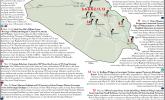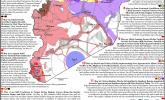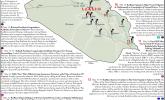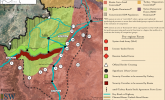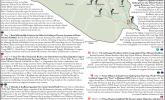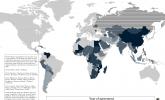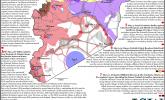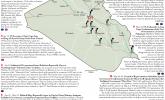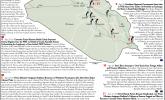Russia in Review: Kremlin Escalates in Ukraine While Playing Peacemaker
June 1, 2020 - ISW Press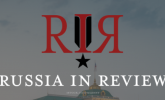
The Kremlin increased military and international pressure on Ukraine in May 2020 after efforts to establish direct talks between Ukraine and Kremlin-controlled proxies stalled. Kremlin information operations are framing Ukraine as having two options: legitimize the Kremlin’s proxies through negotiations or admit Ukraine is impeding the peace process. Both options in this Kremlin-contrived dichotomy advance the Kremlin’s objectives and absolve the Kremlin of responsibility as a belligerent in the war in Donbas. The Kremlin is continuing to consolidate control over its proxies in occupied Donbas while posturing internationally as a neutral arbiter aiming for peace. The Kremlin will likely intensify its pressure on Ukraine to conduct local elections in occupied Donbas in October 2020.


